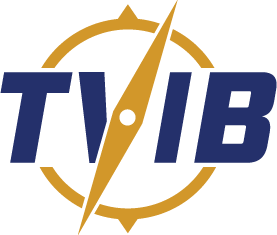46 CFR Subchapter M 138.310(d)(2) requires those performing internal audits to have completed an ANSI/ISO/ASQ Q9001-2000 or ISO 9001:2008(E) (incorporated by reference, see § 136.112 of this subchapter) internal auditor/assessor course or Coast Guard-recognized equivalent.
This is NOT the same as an ISO 9001 Lead Auditor course. The curriculum of an Internal Auditor course is different than a Lead Auditor course, just as an internal audit should be very different than an external/third-party audit.
TVIB has worked with ACTSafe Training for the past several years to support the Marine Internal Lead Auditor (MILA) course that is a Coast Guard-recognized equivalent that meets the requirements of §138.310(d)(2).
UPCOMING MILA COURSE: March 21st-22nd REGISTER HERE
Additionally, in accordance with §138.310(d)(3) internal auditors may not be the designated person, or any other person, within the organization that is responsible for development or implementation of the TSMS; and §138.310(d)(4) requires that the internal auditor must be independent of the procedures being audited, unless this is impracticable due to the size and the nature of the organization.
It is in an organization’s best interest to use an auditor that is independent of the procedures being audited to avoid a case of “the fox watching the hen house.” The objectivity of the internal auditor is critical to an unbiased review of the organization’s TSMS. The purpose of the internal audit is to ensure the organization has the proper controls, governance and risk management processes in place, according to the Institute of Internal Auditors.
An easy or insufficient internal audit does the operator no favors. The internal activity, on the vessel and in the office, is designed to identify any gaps or deficiencies, to ensure compliance and improve the TSMS.
Please feel to reach out to our staff if you would like to discuss the differences between internal and external audits and the required training for those auditors.
Phone: 832-323-3992
